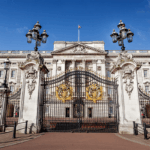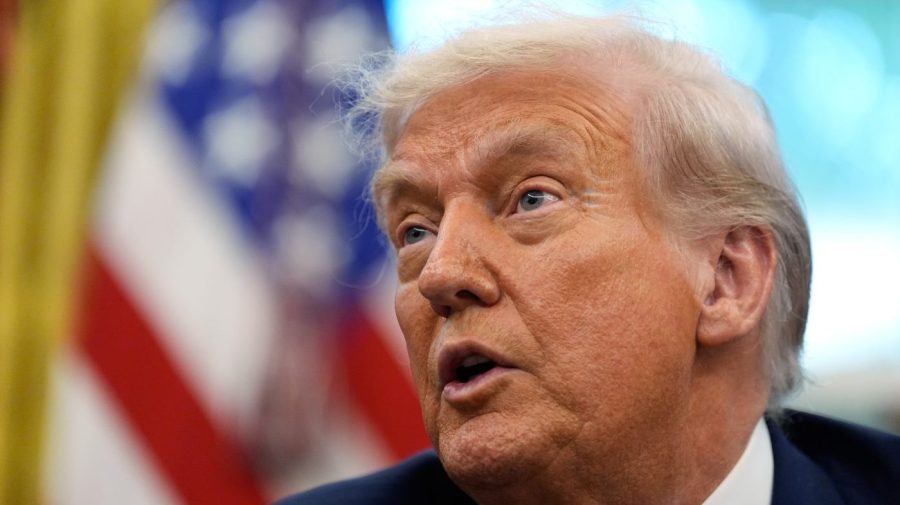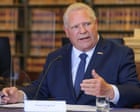President Trump on Thursday announced a slew of product-specific tariffs set to take effect on Oct. 1, including duties on any pharmaceuticals whose manufacturers don’t have plants in the U.S.
The tariffs, which are on top of sweeping reciprocal duties Trump has imposed on countries worldwide, are likely to spur criticism, particularly when it comes to pharmaceutical imports. Experts have raised concerns that those tariffs could cause supply chain issues and make certain drugs more difficult and expensive to acquire.
“Starting October 1st, 2025, we will be imposing a 100% Tariff on any branded or patented Pharmaceutical Product, unless a Company IS BUILDING their Pharmaceutical Manufacturing Plant in America,” Trump posted on Truth Social.
Trump added that companies breaking ground on a facility or already under construction will be exempt from the tariffs.
Trump in July said he planned to announce pharmaceutical tariffs, but suggested they would start at a low rate and gradually increase, allowing companies to move their operations to the United States. He later threatened to impose tariffs of up to 250 percent on pharmaceutical imports.
Trump separately announced the administration would impose a 50 percent tariff on all kitchen cabinets, bathroom vanities and associated products starting on Oct. 1, as well as a 30 percent tariff on upholstered furniture.
“The reason for this is the large scale ‘FLOODING’ of these products into the United States by other outside Countries,” Trump posted. “It is a very unfair practice, but we must protect, for National Security and other reasons, our Manufacturing process.”
The president also said there would be a 25 percent tariff beginning Oct. 1 on “Heavy (Big!) Trucks” made outside the United States.
“We need our Truckers to be financially healthy and strong, for many reasons, but above all else, for National Security purposes!” Trump posted.
Trump has already imposed tariffs on steel and aluminum, copper, and automobiles.
Meanwhile, the Supreme Court next month will consider whether Trump can use emergency powers to justify his sweeping tariffs on other nations.














